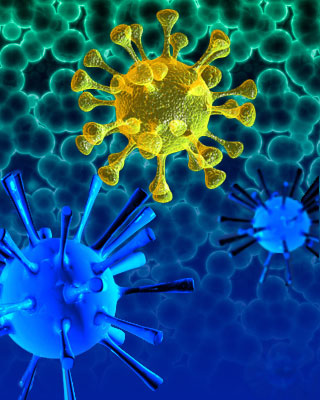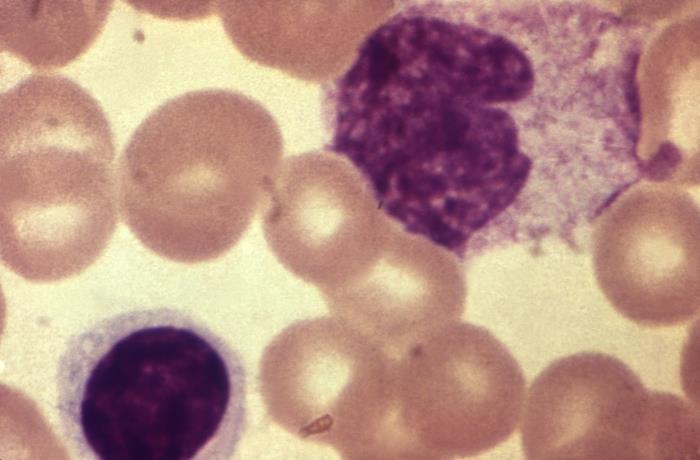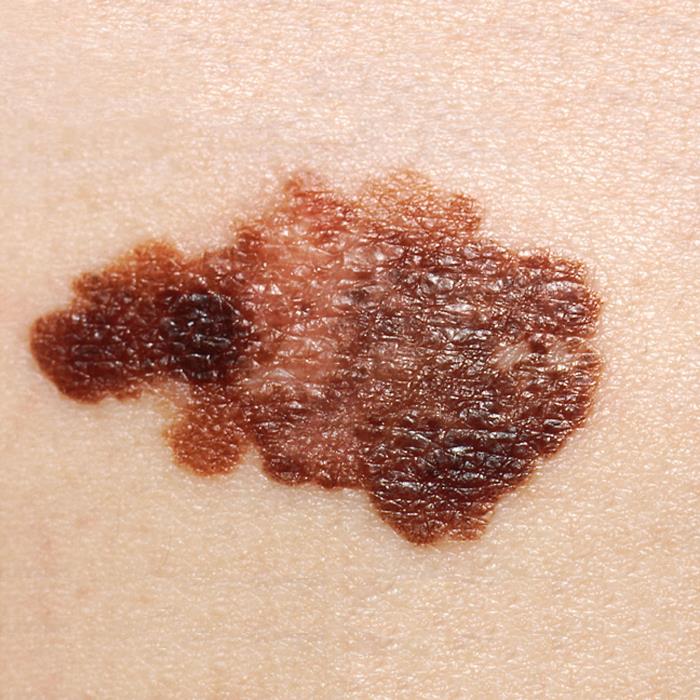Autism and Glutathione

Symptoms may include learning disabilities, poor communication skills, impairments in social interaction, repetitive behaviors, unusual savant like skills, restricted interests and other atypical social skills. Included frequently are dietary quirks and/or difficulties. It is found more frequently in males than in females. Diagnosis is more due to a collection of these symptoms rather than by any singular symptom. Symptoms may start at an early age and diagnosis can be difficult. Most important is that some form of therapy or treatment should be started as early as possible.
While there is no medically accepted cause for ASD, numerous theories abound. Theories include mercury toxicity, excessive vaccinations (especially with vaccines that contain a mercury compound called Thimerosal as a preservative), Paracetamol (Tylenol) toxicity, gestational disturbances during prenatal stages (such as medications taken by the mother or gestational diabetes), perinatal care, genetics, neurological abnormalities and numerous other environmental issues. For example, research shows a correlation of the rise of Autism and the introduction of Tylenol (4). There also appears to be a correlation with increased vaccinations and yet many studies are contradictory.
Of major concern is that ASD may be increasing as are other modern disorders. While it has increased dramatically since the 1980’s there is some confusion as to whether that is due to increased awareness, or an actual increase in occurrences. Most likely it is due to a combination of both.
It is suggested herein that the most probable developing theory, and one that can accommodate more of the prevailing theories, is that Autism is a function of oxidative stress in the developing infant. It is suggested in this analysis that this could occur at any time within the developmental period. Oxidative stress is not confined to one specific cause. Oxidative stress can be from many causes and can be cumulative or additive and appears to be a common factor in most illnesses (7). Oxidative stress can cause damages to various areas of the body, including the brain and digestive system. Both of these body systems are typically affected by ASD, and generally are intertwined in function with ASD.
Research evidence illustrates that ASD has a strong correlation to severe oxidative stress (5)(6) in both animals and humans. Oxidative stress can be caused by illness and certain medications. Diabetes is related to oxidative stress as well as diet, lack of exercise and even excessive exercise. Oxidative stress can affect the immune system and even absorption of nutrients. Normal growth and healing do not take place under conditions of excessive oxidative stress.
Autism patients exhibit measurable signs of deficiency of factors like antioxidants used to resolve oxidative stress. In addition their oxidative stress level markers are higher than in normal individuals. Even if it were not the actual cause, treating the underlying oxidative stress could prevent secondary issues that could be caused by the oxidative stress. There are numerous antioxidants that could assist in this regard. The most obvious would be to choose one or more that are fundamental and in common with the affected/inflicted systems of the body.
The brain is one of the largest contributors toward oxidative stress of the body. The primary antioxidant used by the brain is the Master Antioxidant, glutathione. In fact, common antioxidants like vitamin C and vitamin E do not cross the blood-brain barrier. However the precursors for glutathione do cross the blood–brain barrier and form glutathione where necessary in the nervous system to quench underlying oxidative stress. Similarly, glutathione is utilized by the digestive system to protect the body from toxins and oxidative stressors found in foods and created during the digestive processes. It would seem that glutathione might be optimal for individuals with ASD. There has been some success using antioxidant therapies, like glutathione, in treating ASD (6).
ASD may present a novel opportunity for a product like ASIHW Essential Proteins. ASIHW Essential Proteins offers direct precursors to assist the body of low antioxidant individuals in building glutathione. This would boost and support the antioxidant status of that individual. Examples of how glutathione may prevail can be observed by looking at the individual possible causes for ASD:
1. Prenatal Care
a. Glutathione is used in the placenta to detoxify between the mother and infant. Toxins are sources of oxidative stress.
b. Gestational diabetes – severe oxidative stress occurs in individuals with diabetes and glutathione has been shown to provide benefit in control of diabetes
c. A mother that incurs illness during the gestational period will likely experience oxidative stress from the illness that could affect both the mother and fetus.
d. Medications like Tylenol that are taken by the mother can cause oxidative stress or seriously deplete glutathione reserves leading to greater oxidative stress for the mother and fetus.
e. Cigarette smoke is known to cause oxidative stress and permanently deplete glutathione and even second hand smoke can affect the oxidative stress levels of the mother.
2. Perinatal Care
a. Childbirth and the events leading up to it are physically and emotionally stressful. Both can result in additional oxidative stress.
b. The infant at birth has almost no immune system. The infant immune system is supported initially by immune factors (including glutathione precursors) found in Mother’s Milk, especially in the initial colostrum (first milk). Pasteurized milk and formulas do not contain these immune factors or glutathione precursors. Therefore formula fed infants will likely have a diminished immune system and reduced glutathione levels – resulting in greater oxidative stress levels.
c. Until the infant has a fully developed immune system, it will be unable to handle the stressors that occur after birth, from illnesses or even vaccinations. These all place stress on the immune system and result in oxidative stress. The infant may not be developed enough to handle the oxidative stress.
3. Infant Care
a. Infants are still growing and developing resulting in natural oxidative stress.
b. Multiple and frequent vaccinations create oxidative stress and may overload the immune system if not fully developed.
c. Vaccinations containing mercury (Thimerosal) cause oxidative stress. Mercury is a heavy metal and neurotoxin. Glutathione is actually a natural chelating agent that helps the body detoxify from mercury (and other toxins found in our food supply including pesticides like Roundup).
d. Typical diets of formulas and processed foods (especially in lieu of breastfeeding), which are frequently provided out of convenience do not typically properly support the control of oxidative stress. Whereas breast feeding does naturally support the immune system and help provide glutathione precursors to assist in control of oxidative stress.
4. Young Adult and Adult care – Processed foods, GMO’s, environmental toxins (chlorine, smog, preservatives, pesticides etc.), cell phones and other modern issues all may contribute to oxidative stress. Glutathione as the Master Antioxidant is the key in controlling this oxidative stress. Unfortunately glutathione drops due to toxins, illness and aging. If there is any chance of allowing the body to heal from the initial assault that caused the ASD, oxidative stress must be kept under control.
5. Preventative Care - An individual with Autism already has excessive oxidative stress. It would be imperative to boost all factors that can maintain oxidative stress at closer to normal levels to reduce the likelihood of damage that could worsen the ASD and result in a less than desirable quality of life.
6. Nutritional Care – Our modern processed diet is not supportive of a strong immune system nor does it properly support keeping oxidative stress under control. Supplementation may be crucial.
7. Genetics – Genetics appears to play an important part in the causal relationship of ASD. However not everyone that is predisposed genetically gets ASD. The study of Epigenetics can account for this. Even if twins were genetically inclined towards ASD, it is possible that neither, both or just one might acquire ASD. This is because our genetic makeup is also governed by our environment, attitudes and life experiences. Oxidative stress appears to be a major player in genetic triggers. Minimizing oxidative stress could help control the genetic expression for conditions such as ASD.
8. Antibiotics – It has been suggested in the literature that the gut condition is closely related to ASD symptoms. Gut flora provide a huge part of the defense system for the body. Gut flora are initially provided by breast feeding as they are prevalent in breast milk, but not in artificial formulas. In addition, antibiotics in the mother and/or infant can destroy the gut flora damaging the immune system and possibly the developing digestive system.
Any factor that can contribute to oxidative stress will be additive and/or cumulative. When the body becomes overloaded, damage can occur from oxidative stress. Maybe one vaccination is not enough to cause ASD by itself, but what about 10? What if the infant is fed nutrition deficient formula, exposed to an illness, given Tylenol and exposed to cigarette smoke while having a deficient immune system. What if all of this happens at a crucial developmental point for the nervous system and/or gut? Could a scenario like this precipitate an ASD causal event? It is suggested that it possibly could and may be the reason it is so difficult to determine one single cause. It may be a "perfect storm” of events that result in ASD development. In any case, it is suggested that the common factor is oxidative stress and that control of oxidative stress may be crucial in prevention and treatment of ASD.
This "perfect storm” may affect different developing body systems of the fetus or infant. If it happens during key developmental periods of the digestive and/or neurological systems it is suggested that the tendency towards developing ASD would be significantly elevated.
It would seem obvious from research that oxidative stress is predominant in ASD individuals. It is known that the body does not develop or heal properly during periods of serious oxidative stress. Therefore, it would seem obvious that any resolution of any ASD symptoms (or prevention of worsening of those symptoms) would require a reduction of oxidative stress in the mother during the gestation period, in the mother while breastfeeding and in the infant during early development stages in and outside of the womb.
ASIHW Essential Proteins provides essential proteins for healing (nervous system, blood-brain barrier, gut etc.), immune factors for the immune system (to help keep it in peak condition and minimize oxidative stress from immune reactions) and all three direct precursors for building glutathione to aid in defense against oxidative stress. This is similar to the nutrition obtained by the infant during normal breastfeeding and should assist in reducing the harmful effects of oxidative stress. It may also provide the essential nutrition for healing recovery. It is recommended that concurrent standard treatment therapies for psychological issues or other treatment protocols be additionally utilized for optimal improvement for an individual with ASD. Additional nutritional therapies are also recommended.
ASD is a complex subject. Monitoring of oxidative stress may provide useful markers to determine or maintain a more effective treatment course of an individual that has been diagnosed with ASD. Resolution of that oxidative stress may assist in prevention and/or healing of ASD. Results will vary with each individual depending upon factors such as age, damage already present, development level (gestational periods and age), environment, nutrition and other factors present for the ASD individual.
REFERENCES:
1. Glutathione: Your Key to Health – Dr. Jimmy Gutman; Kudo Books, 2008
2. Wikipedia: Autism – https://en.wikipedia.org/wiki/Autism
3. Wikipedia: Autism Spectrum Disorder – https://en.wikipedia.org/wiki/Autism_spectrum
4. Prenatal and perinatal analgesic exposure and autism: an ecological link; 2013
http://www.ehjournal.net/content/12/1/41
5. Oxidative stress in autism; 2006
http://www.ncbi.nlm.nih.gov/pubmed/16766163
6. Glutathione-related factors and oxidative stress in autism, a review.; 2012
http://www.ncbi.nlm.nih.gov/pubmed/22708999
7. Biomarkers of Oxidative Damage in Human Disease; 2006
http://www.ncbi.nlm.nih.gov/pubmed/16484333
8. Paracetamol, oxidative stress, vitamin D and autism spectrum disorders; 2014
http://ije.oxfordjournals.org/content/43/3/974.2.long
9. Metabolic biomarkers of increased oxidative stress and impaired methylation capacity in children with autism; 2004
http://ajcn.nutrition.org/content/80/6/1611.long#aff-1
10. Metabolic endophenotype and related genotypes are associated with oxidative stress in children with autism.
http://www.ncbi.nlm.nih.gov/pubmed/16917939
11. Autism: Oxidative Stress, Inflammation, and Immune Abnormalities; 2009 by CRC Press
https://www.crcpress.com/product/isbn/9781420068818
12. Evaluation, Diagnosis, and Treatment of Gastrointestinal Disorders in Individuals With ASDs: A Consensus Report; 2010
http://www.ncbi.nlm.nih.gov/pubmed/21519954
13. Brain Inflammation, Oxidative Damage & Autism
https://www.autismspeaks.org/science/science-news/brain-inflammation-oxidative-damage-autism
14. Metabolic imbalance associated with methylation dysregulation and oxidative damage in children with autism. 2012
http://www.ncbi.nlm.nih.gov/pubmed/21519954
15. Oxidative stress in autism. 2004
http://www.ncbi.nlm.nih.gov/pubmed/15624347
16. Thimerosal Neurotoxicity is Associated with Glutathione Depletion: Protection with Glutathione
Precursors. Neur Toxicol. 2005; 26:1-8.
http://www.ncbi.nlm.nih.gov/pubmed/15527868
17. Reduced Incidence of Prevotella and Other Fermenters in Intestinal Microflora of Autistic Children
http://journals.plos.org/plosone/article?id=10.1371/journal.pone.0068322
ASIHW - 020150630 Autism and Glutathione 01e.doc - written and submitted by Ralph E Benedict for ASIHW















